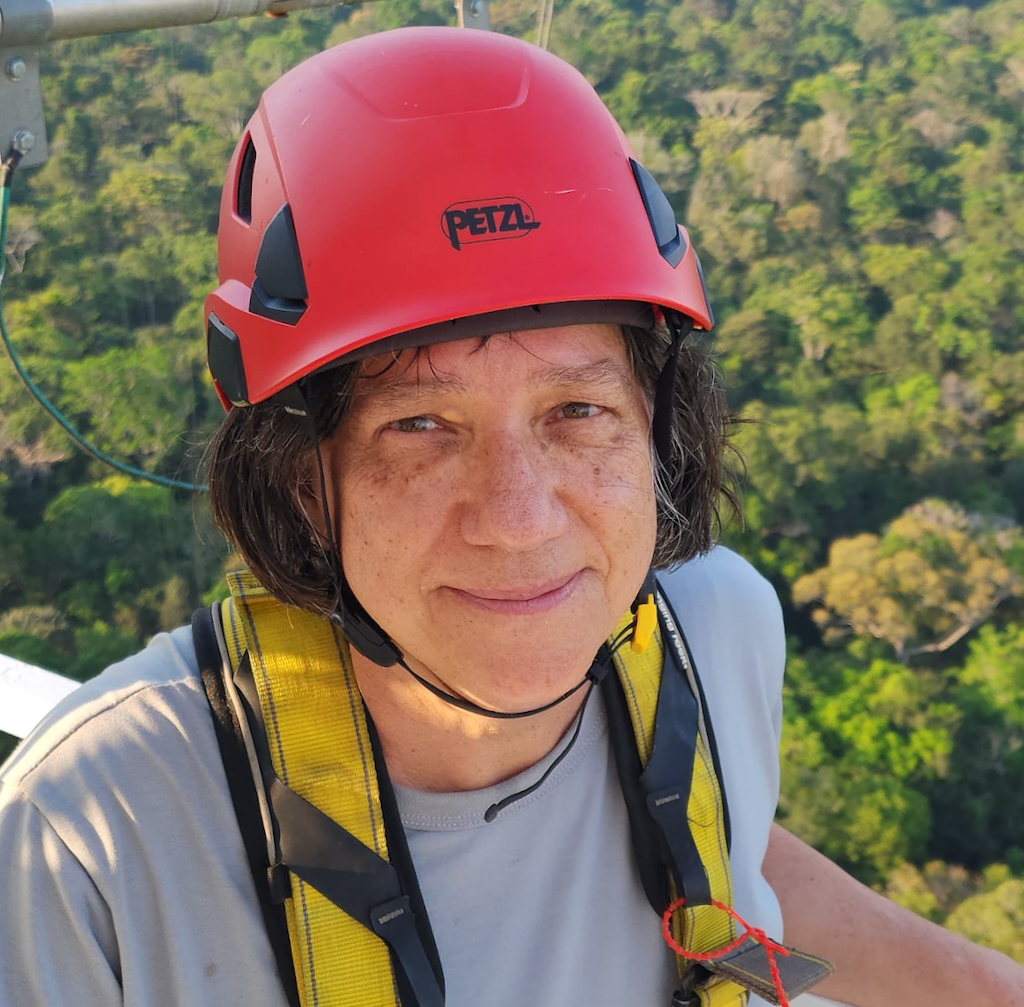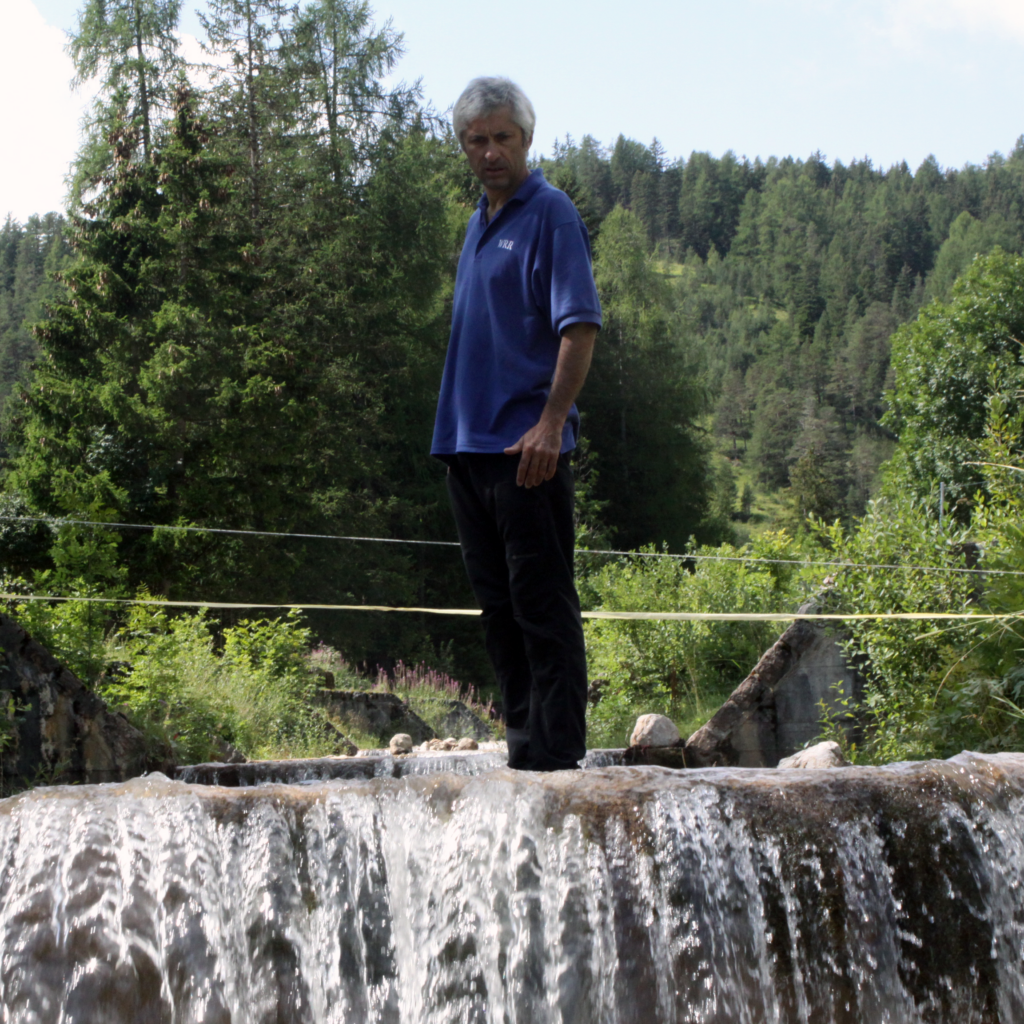Editors’ Vox is a blog from AGU’s Publications Department.
After a 6-year term as Editor-in-Chief of AGU Advances, Susan Trumbore has handed over the reins to Alberto Montanari. Here, Dr. Trumbore reflects on her tenure as Dr. Montanari discusses his priorities for the journal moving forward.
Wrapping up – Reflections from Outgoing Editor-in-Chief Susan Trumbore

It has been a great honor for me to lead AGU Advances through its initial six years. We started AGU Advances to provide authors with an alternative to for-profit journals: a cross-disciplinary, gold open access journal publishing full-length, high-impact research articles and commentary across all Earth and space sciences.
Among the early challenges was deciding how to identify papers we considered “advances”. In our first editorial, we describe how we seek to publish papers documenting a major advance in Earth and space science that will be of broad interest across fields and have potential for immediate, convergent, or societal impact. To build consensus and cross-calibration on what should be considered for publication in AGU Advances, several editors would look at submitted papers before sending out to review.
A second challenge has been the breadth of the Earth and space sciences represented by AGU members. People who choose a science career tend to be naturally curious about the world and the universe, but over time focus increasingly on a narrower area of expertise. I found myself unable to understand the nature of advances described in fields far from my own area. We therefore ask authors in AGU Advances to explain the importance of their results in a way that is understandable to Earth and space scientists outside their main disciplines. Editors help by writing a highlight for each published article and we try to solicit viewpoints that provide extra context for published articles. We also publish commentaries that cover an emerging or controversial topic in a specific field or address a topic in earth and space sciences with societal implications.
To meet the global challenges facing humanity, we desperately need to accelerate the diversification of the workforce in the Earth and space sciences.
One of the things I am proud of is our decision to solicit commentaries that address how we do our science, especially how to make it more welcoming and inclusive. To meet the global challenges facing humanity, we desperately need to accelerate the diversification of the workforce in the Earth and space sciences. Making progress requires understanding the challenges faced by those from marginalized backgrounds, finding ways to expand opportunities in countries and institutions with fewer resources to support science, and rethinking how our field activities impact local residents.
AGU Advances has initiated other things I am proud of – we are the first AGU journal to use transparent review, where the reviews and editorial decisions are published as a supplement to the article; and cross review, where reviewers can see and respond to other reviews of a manuscript. When we reject a paper, we try to give a reason. The reviewer’s time is precious, and we will not send papers for review if our editors have found major issues that need to be addressed. For papers that miss our criteria, but we think represent publishable work, we use the transfer option where we consult with other AGU journal editors to find the journal with the right scope for their paper.
I thank the authors who took the risk and submitted their best work to a journal that had not yet built a reputation, the many reviewers who have supported us, and the editorial board for shaping AGU Advances’ trajectory.
As I take leave as Editor-in-Chief, AGU Advances has increased the number of submissions and papers published and is getting closer to our original vision. I would like to take this opportunity to thank the authors who took the risk and submitted their best work to a journal that had not yet built a reputation, the many reviewers who have supported us, and the Editorial Board for shaping Advances’ trajectory. My sincere thanks to Margaret Moerchen, who was a great partner in founding the journal, Kristina Vrouwenvelder who has taken on the further development of Advances, Allison Schuette, Sarah Dedej, Matt Giampoala, and all the others at AGU and Wiley who work hard behind the scenes to ensure the journal’s success.
Finally, thanks to Alberto Montanari, who takes over as Editor-in-Chief with the skills and experience needed for the next phase of AGU Advances. I am confident the journal will continue to evolve and increase its impact under his leadership.
Looking forward – Aspirations from Incoming Editor-in-Chief Alberto Montanari

I am excited to succeed Dr. Susan Trumbore as the Editor-in-Chief of AGU Advances. In just six years since its launch, this journal has established itself as an exceptional venue for the entire Earth and space science community, presenting innovative research and diverse perspectives. AGU Advances showcases leading scientific discoveries that support our efforts to address global environmental challenges, making it integral to our pursuit of a sustainable future.
In a rapidly evolving publication landscape, I look forward to enhancing the reputation of AGU Advances through groundbreaking contributions, constructive dialogue, and collaboration with leading and early career researchers worldwide. I aim to further promote the supportive review process of AGU Advances and facilitate rapid publication. Additionally, I am committed to fostering an intensive dialogue between the editorial board and potential authors, providing opportunities to elevate the visibility of the remarkable and essential discoveries produced by the geoscience community. I firmly believe that our community possesses the potential to offer solutions for achieving the UN Sustainable Development Goals, and I am dedicated to promoting global synergy through AGU Advances.
I am particularly motivated to advance equality, diversity, and inclusivity, as I believe that a diversity of views is crucial for enriched scientific discourse.
Moreover, I am particularly motivated to advance equality, diversity, and inclusivity, as I believe that a diversity of views is crucial for enriched scientific discourse. I also intend to establish a fruitful dialogue with early career scientists by offering them opportunities to join the editorial board, beginning with roles as regular reviewers in their respective fields. I am motivated to raise their voices through forward-looking contributions to inspire the scientific activity of the future.
Furthermore, I am eager to strengthen collaboration with other AGU titles, as I believe that scientific progress thrives when contributions are given the visibility they deserve. AGU Advances publishes approximately 150 full-length papers each year, featuring novel and innovative research with broad and immediate implications that attract interest from researchers, the broader scientific community, and the public at large. All published papers are highlighted by the Editor, actively promoted through various media, and often accompanied by viewpoint commentaries from reviewers and interested scientists, aimed at explaining and elaborating the research to a wider audience.
I want to position AGU Advances as a leading force in research and policy related to essential global challenges.
I want to position AGU Advances as a leading force in research and policy related to essential global challenges. To reach the above target cooperation with the whole community of geoscientists is essential. Please contact [email protected] if you would like to get more details on the journal scope, make a pre-submission inquiry, provide suggestions, or volunteer as a reviewer. I am also willing to present AGU Advances through virtual meetings with interested communities and institutions.
—Susan Trumbore ([email protected], ![]() 0000-0003-3885-6202), Max Planck Institute for Biogeochemistry, Germany; and Alberto Montanari ([email protected],
0000-0003-3885-6202), Max Planck Institute for Biogeochemistry, Germany; and Alberto Montanari ([email protected], ![]() 0000-0001-7428-0410), University of Bologna, Italy
0000-0001-7428-0410), University of Bologna, Italy

